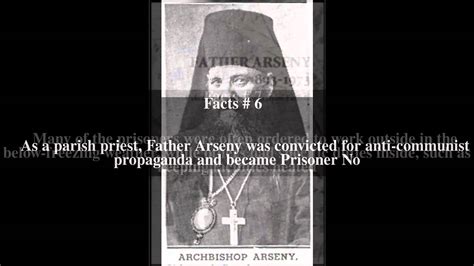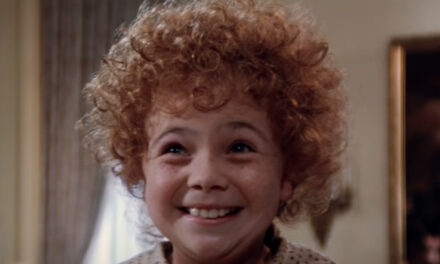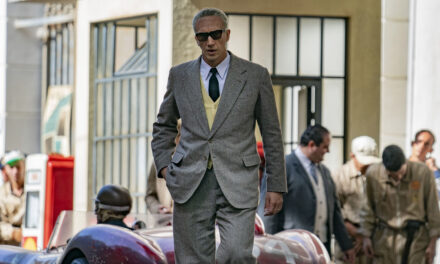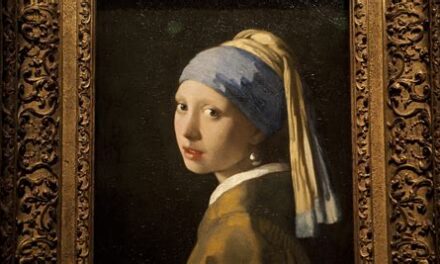At one of the supper hours during my recent retreat at Holy Transfiguration Monastery, when the monks are free to speak, a monk told me he was reading a book about Father Arseny.* After he told me a bit about the book, I said I would look it up when I returned home. So he gave me the monastery’s copy to look over.
The next day I thumbed through the book, Father Arseny: A Cloud of Witnesses, a collection of stories told by those who knew this faithful and humble Russian Orthodox priest, a starets, who had spent more than twenty years in the Soviet Gulag.
In the middle of the book, I was surprised to find a story about poetry.
For more than ten years I have been thinking about what it means to be a person of faith and a poet. So I read, eager to see what this book would teach me.
One story from the book recalls a gathering with Father Arseny when a participant brought up the topic of early twentieth century Russian poets, called the poets of the “Silver Age” (1890-1930), and their relationship with God and their fidelity to the Russian Orthodox Church.
Father Arseny asked another member of the group, Ilya Sergeevich, to talk about his experience among the Silver Age poets.
In response, Sergeevich tells the story of his youth when he became completely enthralled by the poets and poetry of his generation. His parents were horrified. But after graduation from the university, their son continued to live the bohemian existence of the poets they despised.
His staunchly Orthodox father, however, offered his son some good advice:
“Remember that you are Orthodox, that you are a believer and that you will make your deductions based on your faith in God. Could you promise me to do that?”
When his son promises, Sergeevich’s father adds this:
“I have read many of the poems. .. . I realize that in most of their poems you can see the form and behind this form you can find the content, but a spirituality that warms the human soul, a faith in God do not exist in them. There’s a warped personality and a pretense of genius.” (Emphasis added)
This comment made me think back to all the poets I have read and admired, particularly in those days when I eagerly tracked the new poets and established stars in magazines such as the American Poetry Review, the Paris Review, and Poetry.
I thought back on my own teachers, some of whom were luminaries in that world.
Today I can read only a few of these poets because I now find them spiritually empty, precisely what Sergeevich’s father had warned his son against.
Sergeevich was blessed to have a father who held firmly to the faith. He was also blessed in his choice of a wife, who told him:
“I did not like your ‘masters’ at all. They are so good at words but they look at women as rudely as if they were race horses.”
I spent many nights at similar gatherings in my youth and into my mid-40s. I saw that same look in the eyes of most of my teachers, men, and women, as they surveyed the crowds of students at readings, workshops, and festivals. Sadly, many of us followed them on a wayward path.
Sergeevich recounts how the comments of his father and wife, along with his own observations, eventually led him to the truth:
“I had been wrong about the people I had been spending so much time with. . . . I had been blind in spite of believing in God!”
Sergeevich eventually realizes his god, and those of many of his admired poets, had been of his own own making.
Sergeevich, who first met Father Arseny in the Gulag, places part of the blame for Communism on the Silver Age poets who professed faith but lead their readers towards a spiritual emptiness.
“I later read many books analyzing their works, but nowhere did I find a study of their role in the destruction of Russia by preparing the intelligentsia for the ideas of revolution.”
Ilya Sergeevich’s story serves as a warning to those of us in the second decade of a new century that are influenced by the beautiful words and visions created by poets, writers, actors, directors, musicians, and artists. They may profess to be artists of faith, but their works may be speaking of another self-made god.
Their beauty, it can be said, betrays the true source of beauty: God himself.
Thus, when you are buying a movie ticket, a book, a CD or download, or spending the night at theatre — Caveat Emptor! (Buyer beware!)
Editor’s note: Born in 1894, Piotr Andreyevitch Streltzof, now known as Father Arseny, was ordained a Hieromonk priest in 1919, meaning he was a monk who was also a priest in the Orthodox Church and Eastern Catholicism.















Hello;
I fell in love with Fr Arseny years ago (the real namesake, and any anonymous Christians making his composite literary self).
I will add “Whoever wants to become a Christian must first become a poet.” – St. Pophyrios of Kavsokalyvia, in “Wounded by Love.”
Peace!
-Mark Basil
I am Spanish doctor trained in the US. I happen to know the priest of the greek- Church of Ukraine in South Spain . I am fond of hesicast way of contemplative prayer and someone reccommended this book of F. Arseny . But other priest told me that it is a imitation of the Russian Pilgrim , and F Arseny NEVER existed . That it is a Whole invebtion of a Russian Doctor.
I do not know what to think.